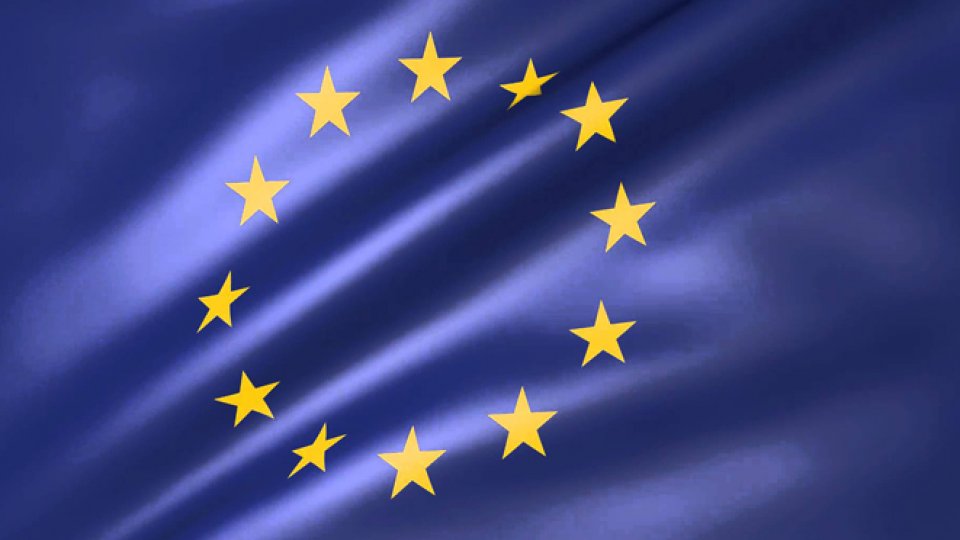Frontex: EU Council confirms agreement on stronger mandate
EU is working to improve protection of its external borders as part of its comprehensive approach to migration.

02 Aprilie 2019, 14:02
European Union is working to improve protection of its external borders as part of its comprehensive approach to migration. EU Ambassadors confirmed, on April 1st, on behalf of EU Council, the informal agreement reached between representatives of European Parliament and Romania’s Presidency of EU Council on a regulation for the European Border and Coast Guard. New rules now need to be formally adopted by Council and European Parliament.
Stronger external border protection is essential for a safer Schengen area and a more efficient management of migration. New rules will allow Frontex to provide faster, more efficient support to Member States on a number of tasks, including border controls and returning those without a right to stay.
Carmen Daniela Dan, Romanian Minister of Internal Affairs:European Border and Coast Guard Agency (Frontex) is being strengthened in terms of staff and technical equipment. It is also being given a broader mandate to support Member States' activities on border protection, return and cooperation with third countries. Proposed new rules will incorporate the European Border Surveillance System (EUROSUR) into the Frontex framework, to improve its functioning.
Standing corps of border and coast guards and return experts
To ensure coherent management of external borders and to be able to respond to crisis situations, a standing corps will be set up, with up to 10 000 operational staff by 2027. Standing corps will include operational staff members from Frontex and Member States under long term secondments or deployed for a short time, and a reserve for rapid reaction.
Deployments of standing corps will take place as of 1 January 2021. To be able to adapt to future situations and capabilities, European Commission will, by 31 December 2023, present the Council and the European Parliament a review of overall number and composition of standing corps. Commission will then, where necessary, present proposals by March 2024 to amend the number, composition and Member States' contributions to the corps.
Member States will retain primary responsibility for the management of their borders, with Frontex and its staff providing technical and operational assistance subject to agreement of the Member States concerned. Under the proposed new rules, staff of standing corps deployed to a Member State will be able to exercise executive powers to carry out border controls or return tasks, always subject to authorisation of host Member State, including use of force and weapons.
Returns
Proposed rules will allow Frontex to provide technical and operational support to Member States in return operations. Agency will provide support at the request of the Member State concerned or on its own initiative and in agreement with the member state concerned. This support will cover all areas of return, from preparatory activities to return, post-return and post-arrival activities. It also includes assisted voluntary return and assistance of Member States in identification of third country nationals and acquisition of travel documents.
Cooperation with third countries
Proposed rules will contribute to strengthening cooperation with third countries, by giving Frontex wider scope for action and not limiting its possibilities for cooperation to neighbouring countries.
This includes the possibility of concluding status agreements between EU and third countries (limited to neighbouring countries under current rules), which would allow for the deployment of border management teams from Frontex and for operations in the territory of third countries.
Agency will also be able to deploy experts as liaison officers, who will form part of local or regional cooperation networks of immigration liaison officers and security experts of EU and Member States. Priority will be given to deployment of liaison officers in countries of origin and transit.
Background
On 12 September 2018, European Commission proposed an updated mandate for European Border and Coast Guard, with the aim of further improving control of EU's external borders.
Source:Romania2019.eu, EU Council Press Service














